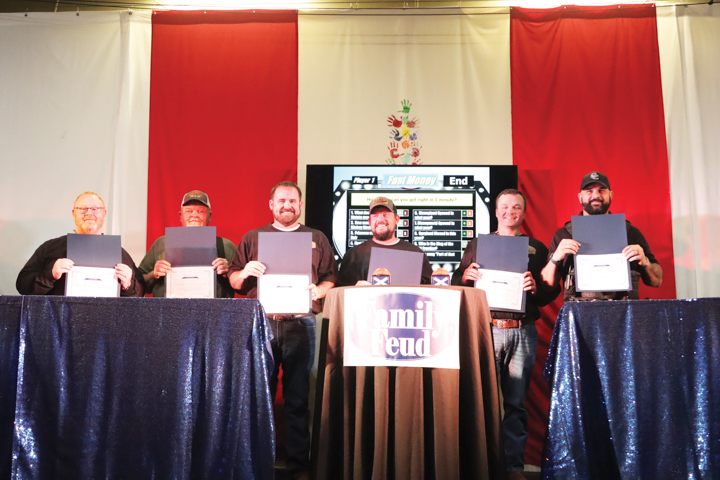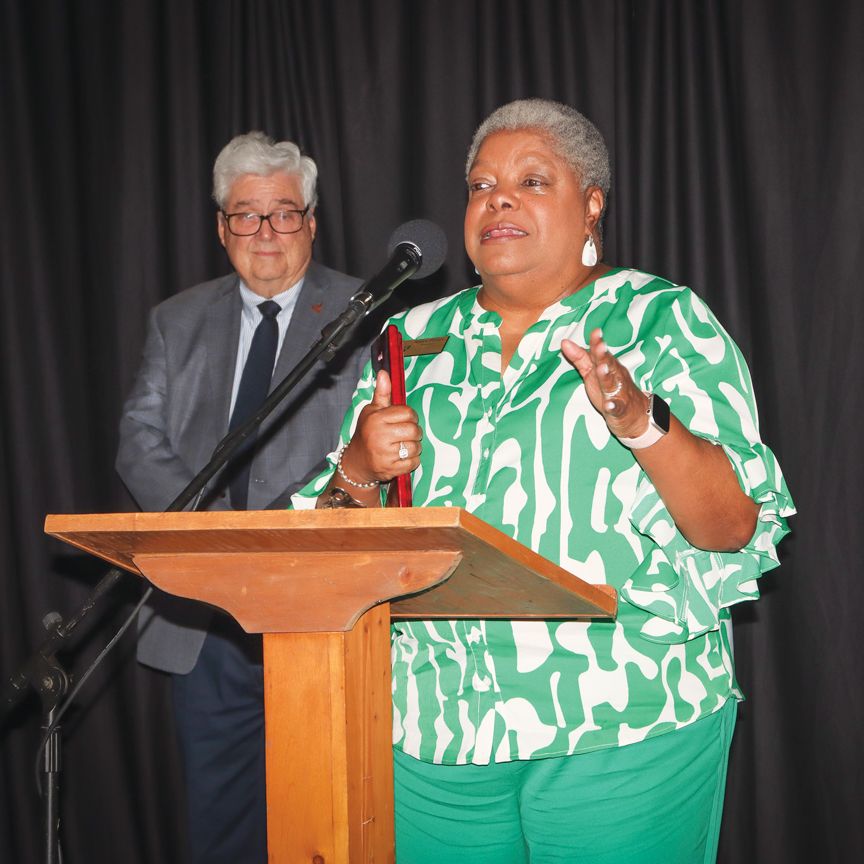PONTIAC, Ill. — Midwest farmers who endured an especially challenging planting season this year will at least take away lessons.
“It is the first time in my life that I started planting in June. It was a terrible spring,” said Brian Anderson, a Yorkville, Ill., farmer at a Precision Technology Institute field day here July 23.
It was the first tour of the season, also pushed back a week because of the late planting.
A planting window didn’t open for Anderson until June. He worked ground in April, but did not get in to plant until 35 days later. He has about 80 acres of prevent plant on his farm in Kendall County in northeastern Illinois, surrounded by many fields in the same situation.
“There are thousands of acres of prevent plant not far from my home. It’s largely corn, but not entirely,” he said.
Anderson is hoping to get a grain in as a cover crop for organic matter and to continue his rotation back to soybeans next year. Seed is available, but it is expensive, he said.
It is a tough year, especially for those who are still renting for more than $300 per acre. Rental prices are high in his area because of proximity to Chicago, he said.
Planting dates
Some of the plots on tour at Precision Planting’s research farm in Pontiac had much earlier planting dates. Corn planted on April 23 had tasseled and ears were developing three months after planting.
Other plots in the farm’s planting date study were planted in June, like many fields across the Midwest. Some of the corn in the Pontiac trials was planted as late as June 15 — long after the insurance cut-off date.
Jason Webster, Precision Planting’s commercial agronomist, told farmers he was also unable to plant all the corn he intended on his family’s farm about 10 miles away. He estimates he will get about $430 per acre in insurance for no crop. On the plus side, there are no input costs for those fields, he said
Webster said he got about one-third of the intended corn planted on his own family’s farm in Livingston.
The late-planted soybeans at the research farm still were not flowering yet in late July.
“This is a year that will be talked about for a long time,” Webster said.
Recycled water
This is the first year of a new study at the research farm on drainage and irrigation. Precision Planting’s Pontiac location is an appropriate place for such research. On one side they are bordered by Interstate 55 and on the other, the city of Pontiac, so they have strict rules to follow, Webster said.
With that in mind, this year they are constructing a retention pond that will hold water from heavy spring rains that can be “recycled” as irrigation for drier periods in mid-summer.
About 15 inches of rain poured down on April 15 and another 15 inches on June 1, Webster said, giving them plenty of water in the pond. But because of the wet weather, they were not able to install the tiling as they had planned to feed the pond. Construction is ongoing and an irrigation system is being set up.
Members of the Army Corps of Engineers, working on projects along the Mississippi River, have expressed interest in how this system works, and if it might be an idea for some farmers along the river system, Webster said.
Research also continues on whether “prairie pothole” land can be utilized as a resource to intentionally retain water.
Anderson said he is particularly interested in looking at potential add-ons for his 2011 Case IH planter and learning more about tools to display and manage data this year.





